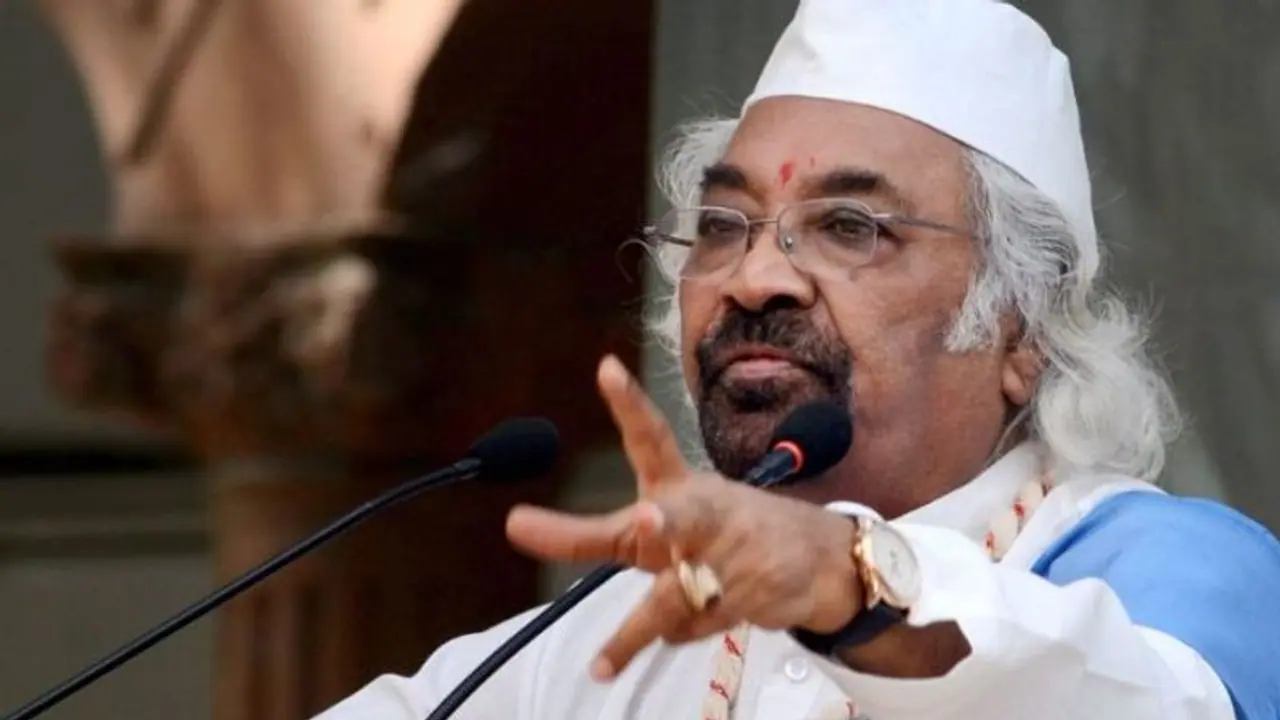Congress General Secretary Jairam Ramesh clarified on X (formerly Twitter) that Sam Pitroda's views on the inheritance tax do not necessarily represent the official stance of the Indian National Congress (INC). At the same time, Ramesh defended Pitroda's right to express personal opinions
The Congress party has distanced itself from the remarks made by Sam Pitroda, Chairman of Indian Overseas Congress, advocating the reinvocation of the inheritance tax in India. Congress General Secretary Jairam Ramesh took to X (formerly Twitter) to assert that 'Pitroda's views do not always reflect the position of the Indian National Congress'.

Posting on X, Ramesh said: "Sam Pitroda has been a mentor, friend, philosopher, and guide to many across the world, including me. He has made numerous, enduring contributions to India's developments. He is President of the Indian Overseas Congress. Mr Pitroda expresses his opinions freely on issues he feels strongly about. Surely, in a democracy an individual is at liberty to discuss, express, and debate his personal views. This does not mean that Mr. Pitroda's views always reflect the position of the Indian National Congress. Many times they do not. Sensationalising his comments now and tearing them out of context are deliberate and desperate attempts at diverting attention away from Mr. Narenda Modi's malicious and mischievous election campaign; that is anchored ONLY in lies and more lies."
The remarks come hours after Pitroda advocated a US-like inheritance tax in India. In an interview from Chicago, Pitroda defended the party's pledge of wealth redistribution, emphasizing its alignment with the public's interests rather than solely benefiting the affluent. Pitroda elaborated on the inheritance tax concept in certain American states, noting that it mandates transferring a portion of wealth to the government upon death, ensuring a fair share for public welfare.
Also Read: What is Inheritance Tax? Why was it abolished in India in 1985?
Contrasting this with India's absence of such a tax, Pitroda highlighted the potential for vast inherited wealth to remain entirely within families, neglecting broader societal needs. He stressed the necessity for public discourse on these matters.
Responding to Prime Minister Narendra Modi's criticism of Congress's stance as "politics of appeasement," Pitroda dismissed the notion, expressing reservations about Modi's understanding.
Pitroda underscored wealth distribution as a policy matter, advocating for the introduction of a minimum wage in India to address economic disparities. He criticized affluent individuals for underpaying domestic help while splurging on luxuries, emphasizing the importance of fair wealth distribution beyond mere philanthropy.
